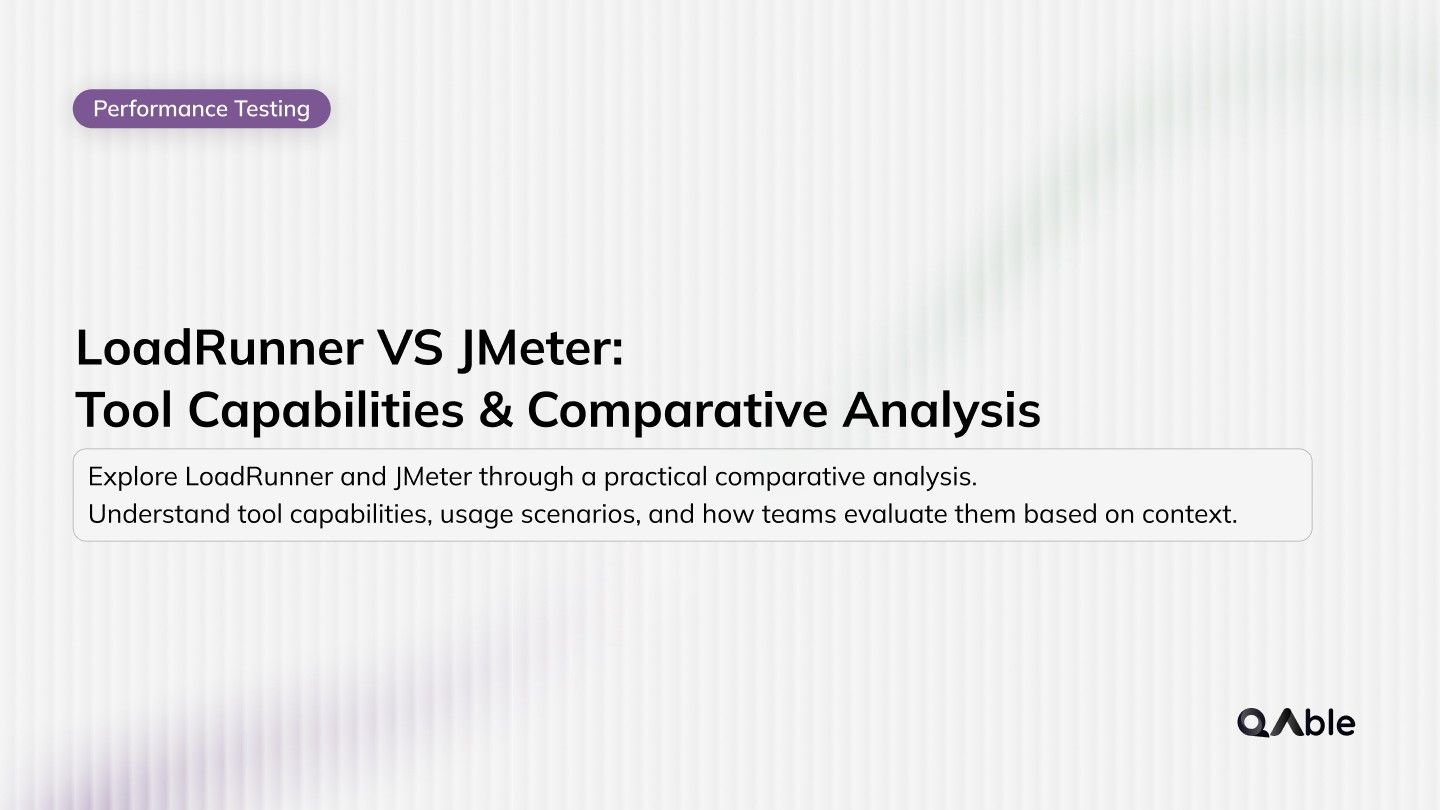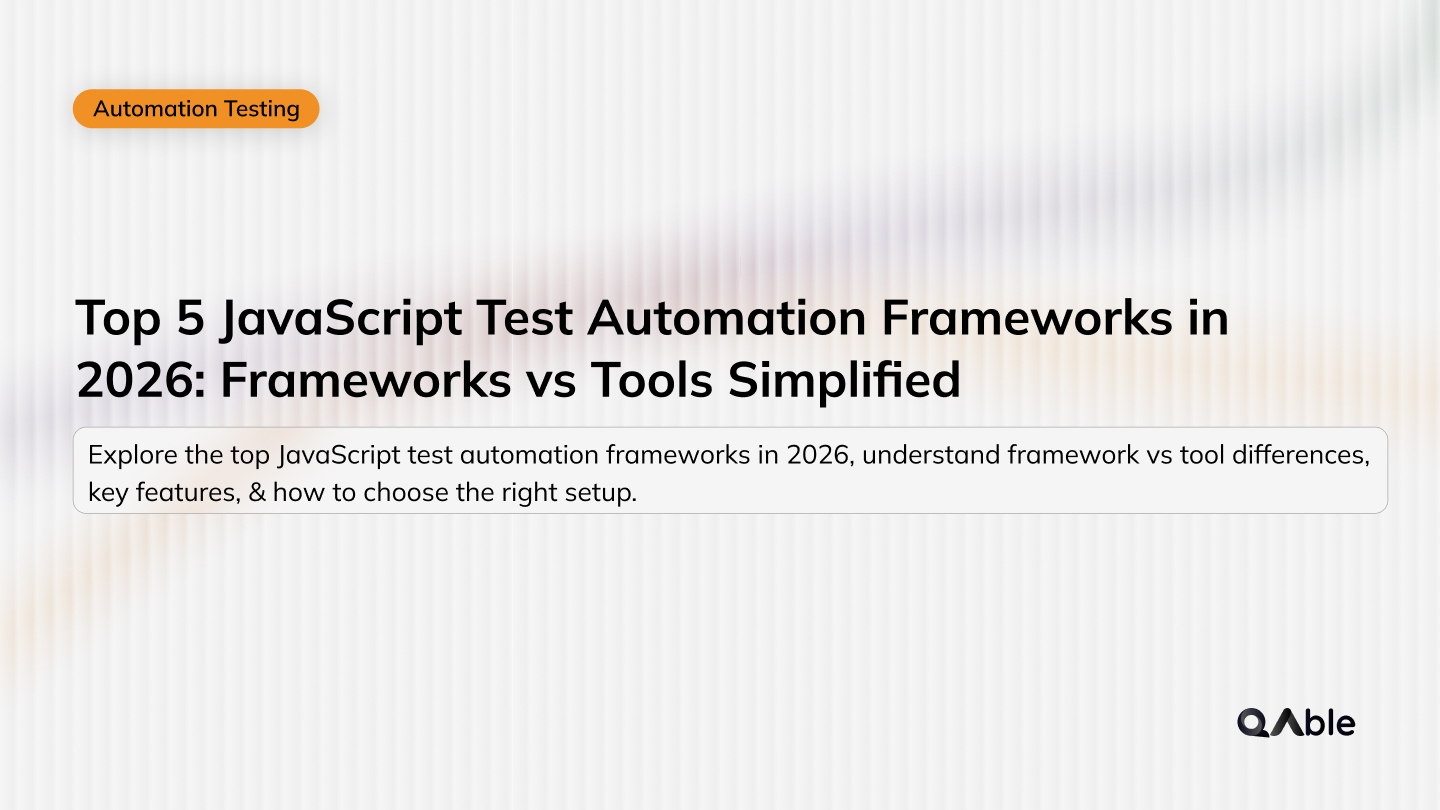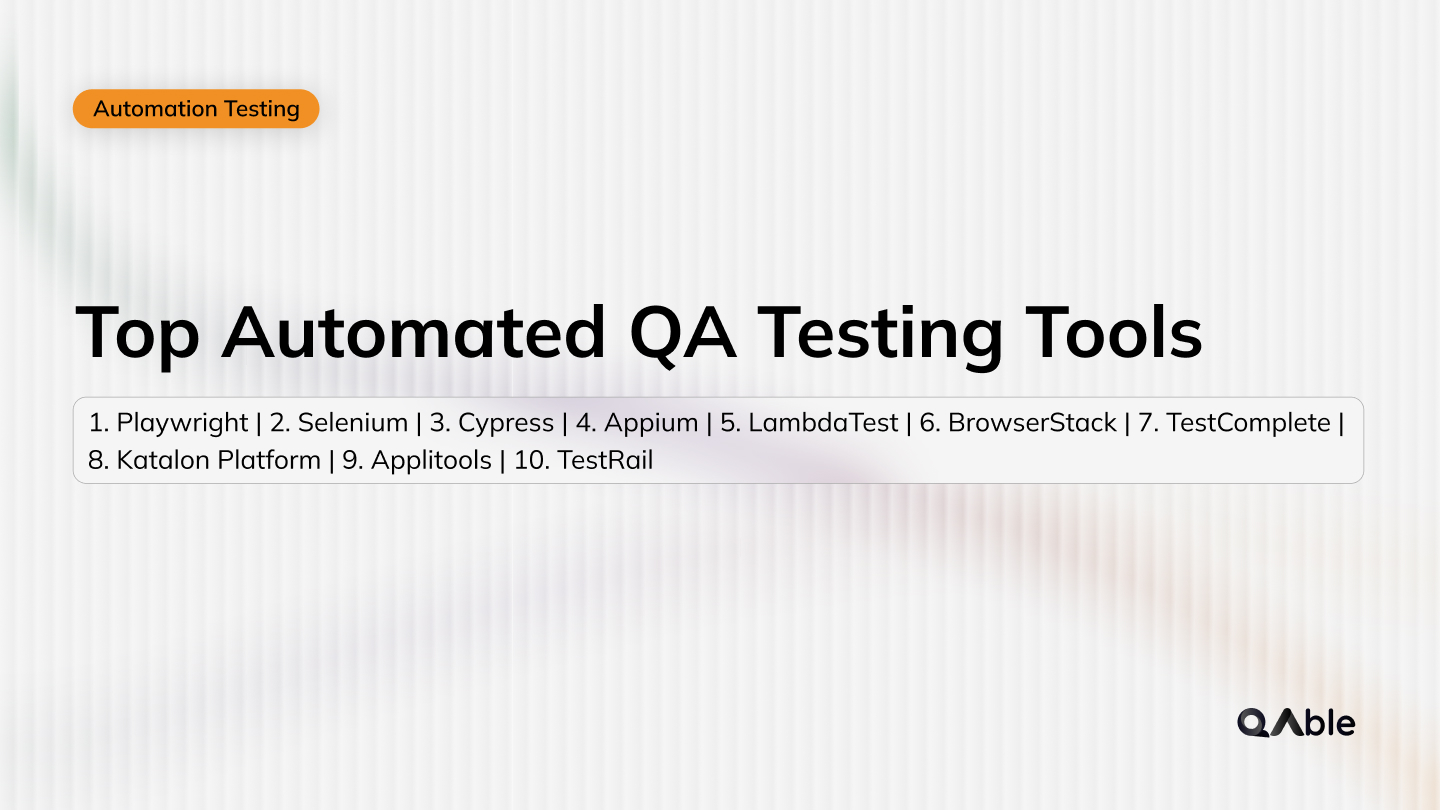Table of content
SHARE THIS ARTICLE
Is this blog hitting the mark?
Contact Us
Table of Content
- What is healthcare software testing?
- Why is healthcare software testing important?
- What are the challenges and complexities of healthcare software testing?
- What are the best practices for healthcare software testing in 2024?
- How can we help you with healthcare software testing?
- Conclusion
- FAQ
Software testing is an essential part of any software development process, but it is especially important for healthcare software. Healthcare software applications are used to manage patient data, provide medical services, and ensure compliance with various standards and regulations. Any error or defect in healthcare software can have serious consequences for patient safety, data security, and operational efficiency.
In this blog post, we are going to share with you some of the best practices for testing healthcare software in 2024. These best practices are based on our extensive experience and expertise in the healthcare domain, as well as the latest industry standards and regulations.
What is healthcare software testing?
Healthcare software testing is the process of verifying and validating the quality, functionality, performance, security, and compliance of software applications that are used in the healthcare industry. These applications can range from electronic health records (EHR) to telemedicine platforms, from medical imaging systems to clinical decision support tools, and from pharmacy management software to medical research software .
Why is healthcare software testing important?
Healthcare software testing is essential to ensure that the software applications meet the needs and expectations of the end-users, such as patients, healthcare providers, administrators, insurers, regulators, and researchers. It also helps to ensure that the software applications adhere to the relevant standards and regulations, such as HIPAA, FDA, GDPR, HL7, DICOM, etc .
What are the challenges and complexities of healthcare software testing?
Healthcare software testing is challenging and complex, as it involves dealing with large volumes of sensitive and confidential data, ensuring data privacy and security, handling multiple integrations and interoperability, testing across different platforms and devices, and complying with various requirements and specifications.
Also read: QA in DevOps for Healthcare Apps: The Advantages
What are the best practices for healthcare software testing in 2024?
To overcome the challenges and complexities of healthcare software testing, you need to follow a comprehensive and systematic approach, which involves the following best practices:
- Define the scope and objectives of the testing project, based on the type, complexity, and purpose of the software application under test.
- Identify and prioritize the testing requirements, such as functional, non-functional, regulatory, and user requirements.
- Select and apply the appropriate testing methodologies, techniques, and tools, such as agile, waterfall, test automation, performance testing, security testing, usability testing, etc.
- Design and execute the test cases, scenarios, and scripts, based on the testing requirements and specifications.
- Record and report the test results, defects, and issues, and track their resolution and closure .
- Perform the testing activities in a collaborative and iterative manner, involving all the relevant stakeholders, such as developers, testers, users, and clients.
Also read: Quality Testing: The Secret Sauce to Ensure HIPAA-Compliance
How can we help you with healthcare software testing?
At QAble, we have a team of experienced and skilled test engineers who have domain knowledge and understanding of the healthcare regulations, standards, and workflows. We can help you with all kinds of healthcare software testing, such as:
Healthcare projects in software testing
We can handle any kind of healthcare project, whether it is a small or large scale, simple or complex, web or mobile, legacy or modern, etc. We can test your healthcare software applications from end to end, covering all the aspects and scenarios.
Software testing in healthcare domain
We can test your software applications in the healthcare domain, such as EHR, telemedicine, medical imaging, clinical decision support, pharmacy management, medical research, etc. We can ensure that your software applications meet the domain-specific requirements and standards, such as HIPAA, FDA, GDPR, HL7, DICOM, etc.
Healthcare domain in software testing
We can also test your software applications that are not directly related to the healthcare domain, but have some impact or influence on it, such as insurance, billing, analytics, education, etc. We can ensure that your software applications are compatible and interoperable with the healthcare systems and devices, and comply with the relevant regulations and policies.
Also read: Digital Assurance & Quality Testing for Digital Transformation
Conclusion
Healthcare software testing is a vital and challenging task that requires a lot of expertise and attention. By following the best practices that we have shared with you in this blog post, you can achieve effective and efficient healthcare software testing in 2024.
If you need any help or guidance with healthcare software testing, please feel free to contact us. We are always ready to assist you with our software testing service in India.
Thanks for your interest and engagement. Enjoy your day. 😊
Discover More About QA Services
sales@qable.ioDelve deeper into the world of quality assurance (QA) services tailored to your industry needs. Have questions? We're here to listen and provide expert insights


Nishil Patel is the Co-founder of QAble, delivering advanced test automation solutions with a focus on quality and speed. He specializes in modern frameworks like Playwright, Selenium, and Appium, helping teams accelerate testing and ensure flawless application performance.
.svg)














.webp)
.webp)
.png)
.png)











.png)



.png)

.png)

.png)






.jpg)













.webp)

